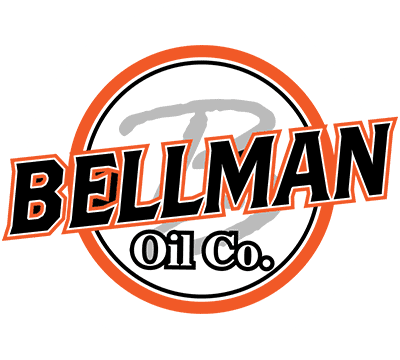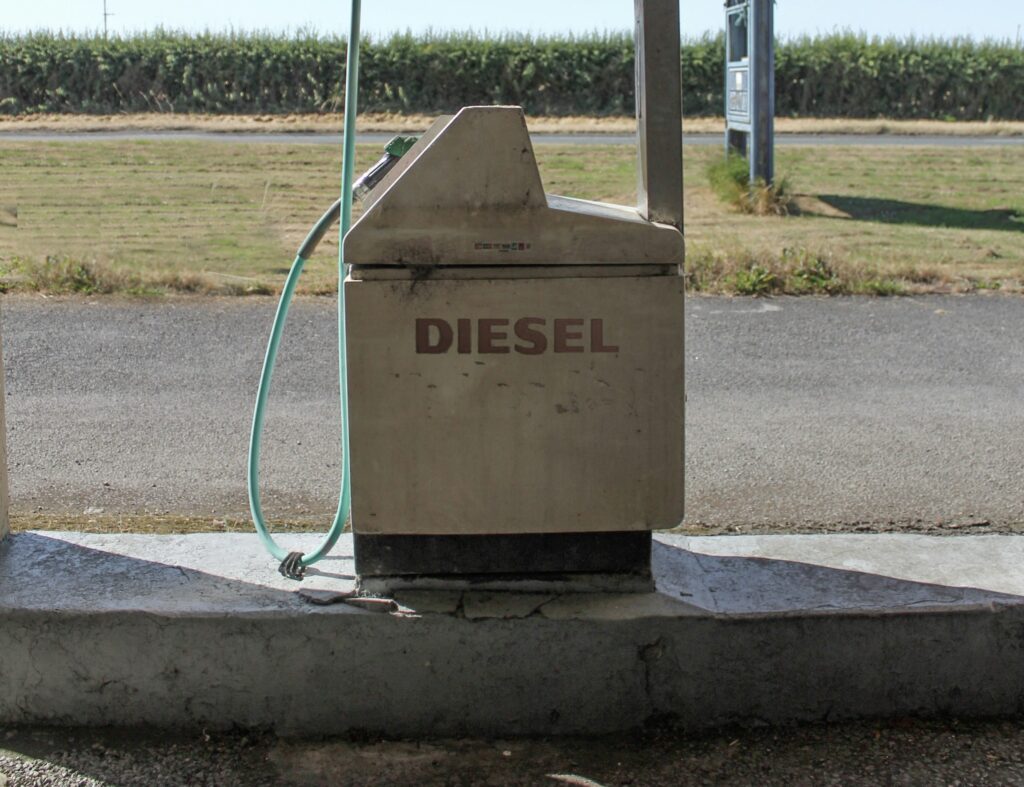Diesel fuel is a powerful byproduct of the petroleum refining process, offering greater density than other fuels. Often seen as merely a transportation fuel, it plays a crucial role in the flourishing of the American economy. This fuel is used in various industries, including shipping, agriculture, construction, military, etc. It drives productivity, facilitates trade, and powers essential machinery. As the importance and prominence of diesel grows, the use of environmentally friendly diesel options is growing.
Diesel in Transportation and Shipping
The transportation and shipping industry is the backbone of many other American industries. This industry is responsible for transporting goods and materials to job sites, businesses, and consumers. The vast amount of global shipping warrants high torque-output vehicles.
Diesel-powered engines are commonly found in vehicles from passenger cars to commercial trucks. Distillate (diesel) engines, as opposed to gasoline engines, use compression ignition, allowing for greater fuel efficiency and torque output. This makes diesel vehicles the ideal choice for long-haul drives. These vehicles are primarily used by commercial trucks making long-distance journeys for shipping purposes.
Diesel-fueled engines work well for long journeys because of their efficiency, longevity, and durability. The high-density nature of this kind of fuel creates more usable energy per unity, contributing to greater efficiency. Additionally, to hold such a high-density fuel, the fuel tanks and combustion chambers are stronger and more resilient, making them great for high-mileage travel. In 2022, the transportation/shipping industry used approximately 125 million gallons of diesel fuel daily. This accounted for nearly 75% of distillate consumption in the United States and 15% of overall fuel consumption. Diesel fuels the shipping industry, allowing it to flourish and spur other industries toward success.
Diesel in Agriculture
The agriculture industry heavily relies on machinery, like tractors and harvesters, to provide food for millions of people. Due to the challenging conditions and need for efficiency, agricultural equipment is typically powered by diesel fuel. This equipment must be reliable in the field, allowing farmers to focus on other tasks. This fuel provides the necessary power and durability to heavy-duty machinery efficiently. From irrigation to tractors to combines, agricultural machinery relies on diesel fuel for efficiency and productivity.
The efficient energy output of diesel engines allows farmers to complete tasks promptly, particularly during critical periods like planting and harvesting. This ensures that farm operations are completed on time, which is essential for maintaining high yields and meeting market demands.
Diesel in Construction
The demanding and challenging nature of construction sites necessitates a powerful, effective fuel source. Like transportation and agriculture, the construction industry relies on diesel fuel to power heavy equipment essential for completing construction jobs. Diesel engines serve as workhorses in the construction industry, powering equipment that moves dirt, excavates, pours concrete, and paves roads. Machinery like excavators, bulldozers, cranes, and loaders almost exclusively use diesel-powered engines because they require a robust and reliable power source.
With high torque output and durability, diesel-powered construction equipment handles the rigors of rugged terrain and heavy loads. This ensures that the construction job can be quickly completed, further contributing to the construction industry’s success.
Balancing Efficiency and Environmental Impact
Though diesel fuel has many benefits, there are many concerns over its environmental implications. Diesel fuels emit pollutants like nitrogen oxides, particulate matter, and hydrocarbons through the combustion process. These pollutants can adversely affect human health, ecosystems, and crops. Legislations and regulatory agencies limit diesel emissions to protect the environment and air quality. Businesses are often required to comply with specific emissions standards and fuel quality regulations to reduce the environmental impact of duel-powered engines.
Beyond emissions regulations, researchers have been testing environmentally friendly diesel alternatives. In recent years, biodiesel and renewable diesel have been growing in use. These renewable alternatives provide similar levels of efficiency and durability to petroleum-based diesel without air pollution. However, the cost of biofuels is almost double that of conventional fuels.
Though research still has a ways to go before biodiesel is a realistic choice for all industries, science is making strides toward a sustainable future that balances efficiency with environmental impact.
Bellman Oil Can Help!
Diesel-powered engines play a significant role in almost every industry, fueling productivity, efficiency, and success in the US economy. If you’re looking for a diesel supplier, look no further than Bellman Oil. Reach out today to learn more about our fuel options!





